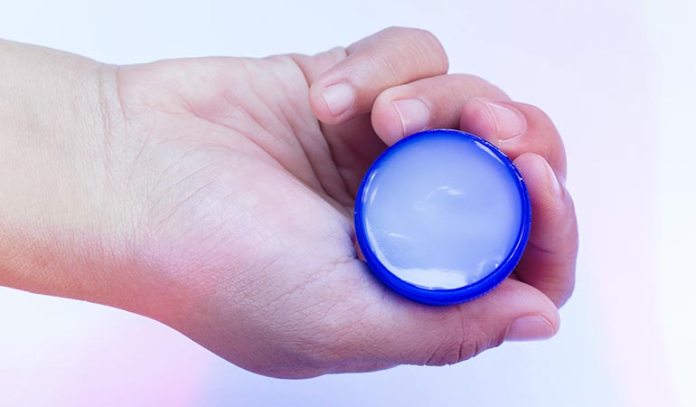When you were a teenager, you may have desperately hoped to grow out of your acne-riddled skin, but as you grew older, you may have realized that it is not as simple as that. Acne is embarrassing, uncomfortable, and unwelcome no matter how old you are. It is difficult to look into the mirror and not cringe every time you see dark bumps all over your face instead of smooth, clear skin. And you will be ready to try anything and everything as long as it claims to give you the skin you desire. If you are someone who has searched frantically for a miracle cure for your acne, then you may have come across mentholated topical ointments. Many health and beauty bloggers talk about using such products to get rid of their acne, especially cystic acne. Since many of the ingredients used in mentholated topical ointments are popular home remedies for acne, many swear that it works miracles.
Before knowing whether these ointments actually works on acne, you need to understand what acne actually is. Acne is usually caused by hormonal changes and a buildup of dead skin cells, oil, and bacteria in the hair follicles of your skin. When a pore gets clogged, it forms some kind of a plug which makes the environment inside the hair follicle extremely hospitable for bacteria. These bacteria cause inflammation, blackheads, and whiteheads.
What Are The Ingredients Of Mentholated Topical Ointments?
It is said that dabbing a small amount of a mentholated topical ointment on an acne-covered skin for a few hours reduces the swelling an redness of pimples and causes them to disappear within a few days and even overnight. But since there are so many crazy claims out there, it is important to see if it is actually good for your skin or not. One way to do so is by looking a the ingredients individually. Here are the ingredients of mentholated topical ointments and how each of them affects your skin.
1. Camphor

Camphor is applied directly to the skin to get relief from fungal infections and skin irritation. But since it is potentially toxic, it should not be used on acne that is already popped. Since it has anti-inflammatory properties, it can be used to treat acne.
2. Cedar Leaf Oil

This oil regulates the production of sebum, the natural oil of your skin that contributes to acne formation. So, it can be used to treat acne.
3. Menthol

Menthol has pain relieving, anti-inflammatory, and soothing properties. It can be used to soothe acne-prone skin.
4. Eucalyptus

Since eucalyptus oil has antibacterial properties, it is possible that it would be effective in treating acne.
5. Nutmeg Oil

Nutmeg oil is one of the active ingredients found in mentholated topical ointments. It has anti-inflammatory and bactericidal properties and is said to clear up the skin and improve its overall look.
6. Thymol

Thymol is an antimicrobial agent, which can effectively get rid of bacteria that cause acne.
7. Turpentine

Turpentine is a paint solvent. So using it on your skin does not sound like a good idea at all especially if your skin is sensitive.
8. Petrolatum

Petrolatum, or petroleum jelly, is known for its property of blocking the pores. It also results in premature aging as it does not allow fresh air to reach the skin. It is definitely not recommended that you use this product on your skin.
The Final Verdict

Looking at all these ingredients, you can use mentholated topical ointments to get rid of acne on your skin. But since most of the ingredients have the potential to be harmful, you should be careful about how you use the product. Do not use such ointments on broken skin, keep them away from mucous membranes like lips, nostrils, and mouth, and do not use them as a long-term solution to your acne problems. Do consult your dermatologist before using them if your skin is sensitive, or if you have any other skin problems.





